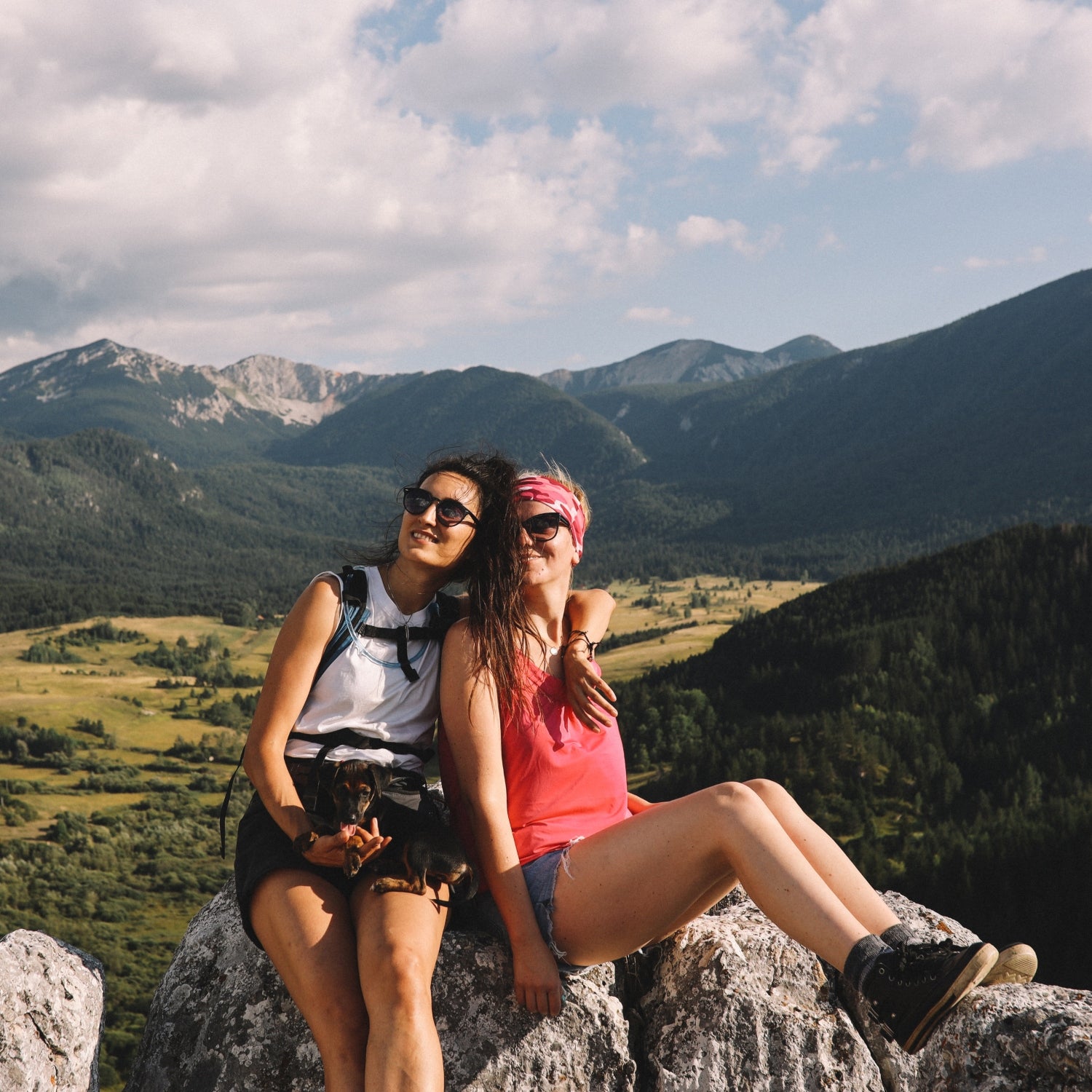The first Pride, they say, ; this year, Pride is turning into an emergency. In the 54 years since the first brick was thrown at the Stonewall protests, LGBTQ+ people in the U.S. have made undeniable progress securing rights, safety, and acceptance. But in the past couple of years, and particularly the past few months, new legislation discriminating against the LGBTQ+ community, particularly trans people, has��created an increasingly hostile environment for such people in this country—and further underscored the high stakes of the ongoing activism.
Anti-LGBTQ+ measures have become so extreme that the Human Rights Campaign (HRC)�� for LGBTQ+ Americans, the first statement of its kind in the organization’s 43-year history. And it has the numbers to back this up: A report released with the statement shows that 2023 has already shaped up to be the worst year��for LGBTQ+ people in U.S. history, with twice as many discriminatory policies passed (525) as the second-worst year for them, 2022. On its website, the HRC compiled and created a , a resource-rich document that��identifies states and municipalities friendly to the LGBTQ+ community and offers suggestions about how to file a civil rights lawsuit, relocate, and organize with other locals to make a bid for trans-inclusive policies.
The multiplying threats facing millions in our community are not just perceived—they are real, tangible and dangerous,” said the organization in a statement. “In many cases they are resulting in violence against LGBTQ+ people, forcing families to uproot their lives and flee their homes in search of safer states, and triggering a tidal wave of increased homophobia and transphobia that puts the safety of each and every one of us at risk.”
For Cal Dobbs, a trans athlete currently running across the United States to raise awareness and funds for trans rights, the Human Rights Campaign’s state of emergency did not come as a shock. Instead, it put a name to challenges he’s been facing and those that were particularly striking while planning his .
“Partly why I’m ending in Florida is to draw attention to what was happening there when I started the run, and to bring resources, love, support, and money to the groups that are fighting for trans people in Florida,” says Dobbs, who is also the first openly trans person to complete the thru-hiking triple crown. In the three months since he set off from Los Angeles, the Florida government has passed additional anti-LGBTQ+ laws, including in classrooms. The new measures only made Dobbs more determined to run through the Sunshine State, but he wasn’t sure that the originally planned terminus of Tallahassee, the capital, would be a secure place to gather and celebrate.��The finale will include high-profile LGBTQ+ speakers, and Dobbs said that discussions with local organizations revolved around safety, with questions as basic as “Where can everyone go to the bathroom?”
Dobbs and his co-organizers eventually decided that Orlando, with its critical mass of LGBTQ+-friendly private businesses, was the only viable option in the state. The route change added an extra 500 miles to his journey, the symbolism of which is not lost on him. “It’s especially impactful when you realize it’s also the least terrible thing that’s happening,” says Dobbs. “Like, a trans-[masculine] runner has to run an extra 500 miles because he literally can’t go to the bathroom anywhere else in the state. But there are trans people who live in Florida and can’t get lifesaving medical care.”
The HRC’s warning is the latest in a series by LGBTQ+ and civil rights groups raising the alarm about the attack on LGBTQ+ rights. Earlier this year, the NAACP and the LGBTQ+ advocacy group both issued ��cautioning that the state was “hostile” toward LGBTQ+ people.
Of course, Florida isn’t the only state enacting policies that will hurt LGBTQ+ residents and visitors alike. Nine states now have laws on the books requiring people to use the bathroom that matches the gender they were assigned at birth, 20 have banned gender-affirming health care, 23 prohibit trans youth from participating in sports, and one—Montana—has forbidden minors from . In addition, there are measures that restrict whether gender and sexuality can be discussed in school, remove protections for people using pronouns different than the ones they were assigned at birth, and even force LGBTQ+ students to come out.
A state of emergency or travel advisory can be used as a tactic to draw attention to an issue. Which is not to say they’re just for show — the HRC and NAACP are completely sincere when they warn of danger to LGBTQ+ people. But how much these designations will actually change individual travel decisions remains to be seen. It’s also important to remember that trans people live everywhere can’t necessarily relocate to places where their identities aren’t persecuted.
For LBGTQ+ thru-hikers and athletes who travel across state lines to participate in their sport, like competitive cyclists and climbers, the intensity of discriminatory policies in some states is affecting their calculus of where to go and how to stay safe. Such travelers have long monitored where they travel and how much they outwardly express their gender or sexual identity in different destinations (a same-sex couple might choose to not hold hands, or a trans person might opt for a more ambiguous hairstyle or outfit to avoid drawing attention).
According to Abi Robins, the at Unbound Gravel and founder of the advocacy organization Queer Gravel, “The number of states where you would feel unsafe to travel is growing.” Many major gravel-cycling events are held in states considered to be hot spots of anti-trans policies—like Kansas, Missouri, and Robins’s own home state of Texas—though Robins argues that most of these events are making efforts to be inclusive to LGBTQ+ participants. “Some people might say, ‘Why don’t you go to a different event, in a safe state?’ But that attitude legitimizes this illegitimate legislation. I refuse to let them scare me back into the closet, and I know a lot of other trans folks who feel very similarly,” Robins says. “I want the community to create a space that feels as safe and as welcoming as possible when they show up.”
Dobbs is determinedly optimistic that the outdoor community can help oppose the rising tide of anti-trans hate. “Nature is one of the only places that doesn’t discriminate, that truly loves everyone equally, that does have a space for everyone,” he says. “I think we just need to remember what brings us together, which is nature itself and shared activities in these natural spaces.”����


